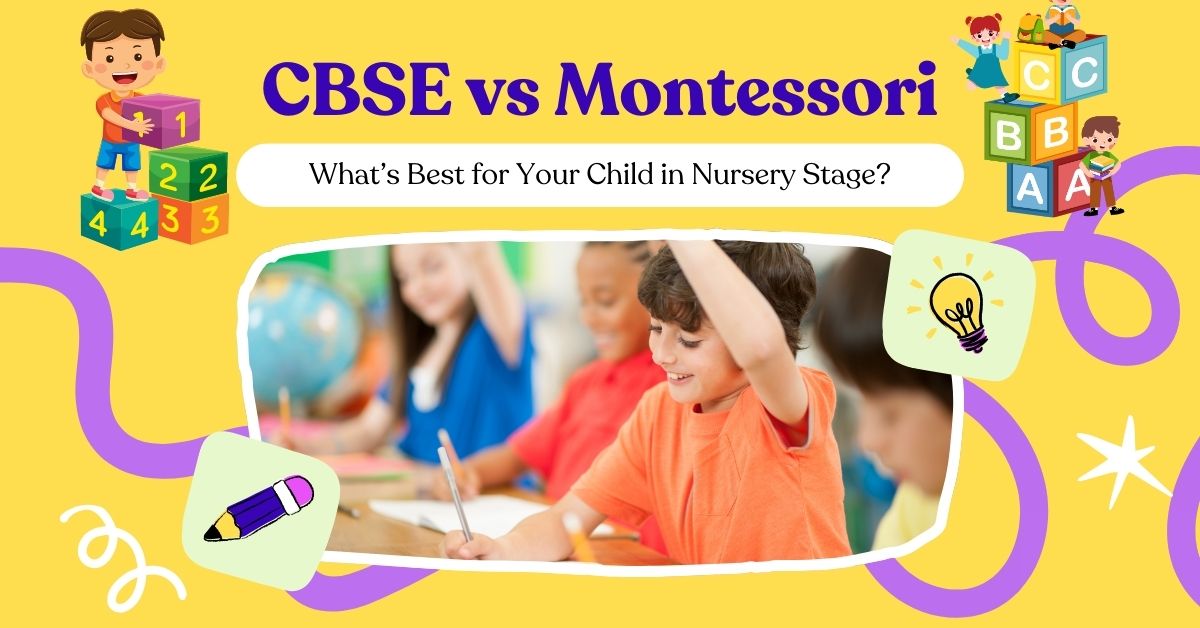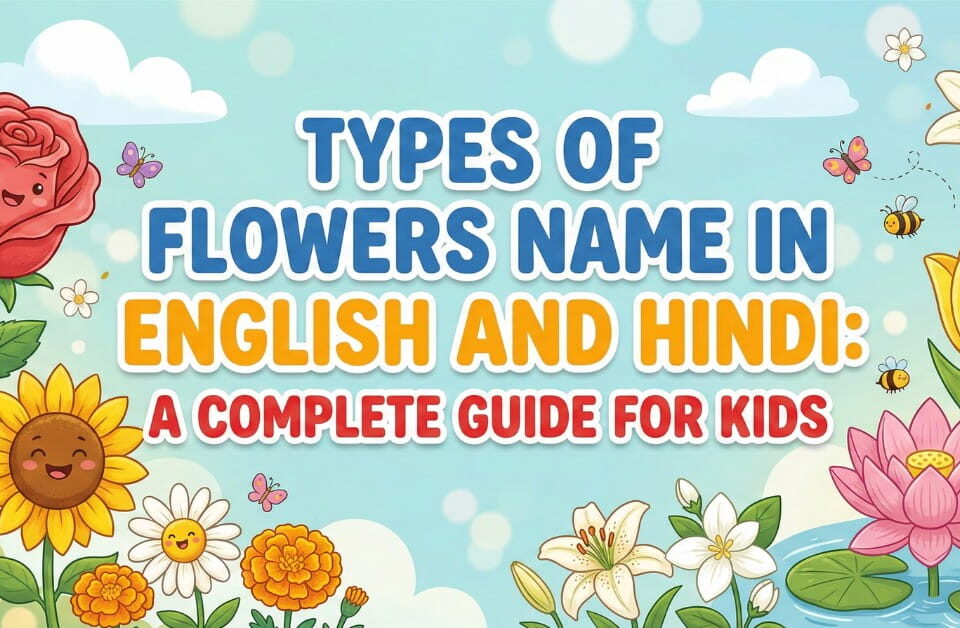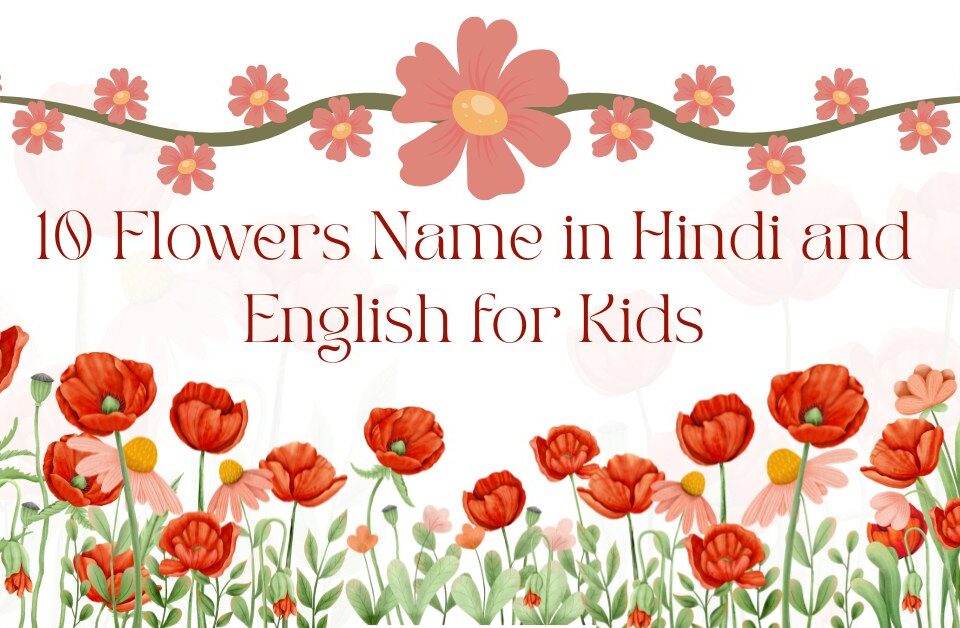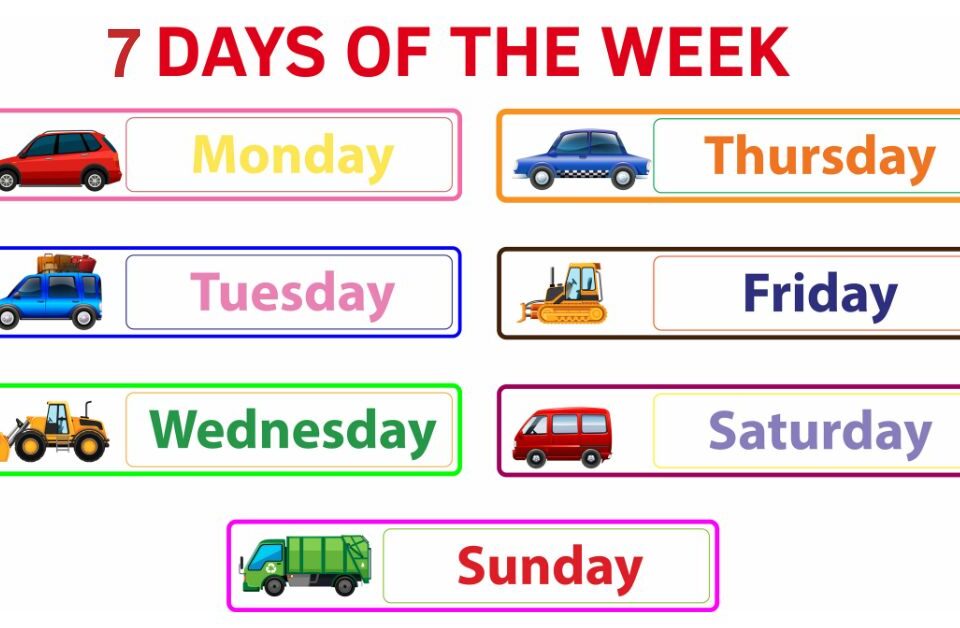
Best Day Care in Noida & Greater Noida – 7 Expert Tips (2025 Guide)
August 13, 2025
Top Benefits of Early Childhood Education in Noida NCR
September 19, 2025CBSE vs Montessori: What’s Best for Your Child in the Nursery Stage?
Setting the Right Foundation: Why the Nursery Years Matter Most
The first few years of your child’s education are more than just learning ABCs and 123s. Rather, they’re about shaping their curiosity, confidence, and a lifelong love for learning.
Hence, the nursery stage becomes the turning point where parents need to make the big decision of CBSE vs Montessori. It isn’t just a matter of academics. Instead, it’s about choosing a learning path that suits your child’s personality, needs, and long-term growth!
This blog explores CBSE vs Montessori in depth so that you can make the best choice for your child’s nursery years.
Importance of Early Childhood Education in India
The formative years of a child are usually between the ages of 3 and 5. During this time, children experience rapid brain development. They absorb knowledge, behavioural traits, and skills at a remarkable rate!
This is why early childhood education in India is emphasised so much. It results in:
- Social Development: They learn how to share, collaborate, and express emotions.
- Emotional Growth: They gradually develop self-confidence, independence, and empathy.
- Language Skills: Their vocabulary, storytelling, and communication abilities expand.
- Cognitive Development: Their reasoning, memory, and problem-solving skills are significantly enhanced.
- Motor Skills: They gain fine motor control (holding a pencil, cutting with scissors) and gross motor skills (running, climbing).
There are many research studies that can vouch for the fact that children who receive quality early education perform better academically, socially, and emotionally later in life.
Also Read: Why Preschool Education is Important?
What is the CBSE Curriculum for Nursery?
The Central Board of Secondary Education (CBSE) is one of India’s most recognised and widely popular school boards. The nursery level also follows the CBSE curriculum closely to maintain consistency across the country.
Key Features of the CBSE Nursery Program
- Structured Approach: The lessons are carefully planned to build foundational literacy and numeracy.
- Teacher-Led Learning: The teachers guide the children with the help of worksheets, storytelling, rhymes, and group activities.
- Academic Preparation: The focus is on preparing children for a smooth transition into primary school.
What Children Learn in CBSE Nursery: A Look at the Syllabus
- Language Development: Children are taught to recognise letters, phonics, rhymes, and simple words.
- Mathematics: They learn to count, identify shapes and colours, and recognise patterns and numbers.
- General Awareness: They are made aware of festivals, seasons, animals, and community helpers.
- Creative Expression: They are encouraged to express their creativity by drawing, colouring, singing, and dancing.
- Physical Activities: Games, exercises, and sports for motor skill development are a daily part of the CBSE nursery syllabus.
Also Read: Tips to Choose the Right Preschool for Your Child
Pros and Cons of Choosing CBSE for Nursery Education
The CBSE curriculum for preschoolers provides a strong academic foundation. Their standard and consistent curriculum also makes it easy for the students to switch schools.
However, the curriculum may restrict the children from learning at their own pace. At the same time, the lessons may feel rigid for highly curious or creative learners.
Also Read: What Is the Right Age for Play School Admission?
What Is the Montessori Method? Philosophy, Learning Style & Benefits
The Montessori method was developed by Dr. Maria Montessori. It takes a very different approach from CBSE Nursery. Instead of teacher-led instruction, it focuses on child-led exploration.
Core Principles of Montessori Education
- Independence: Children learn to do tasks by themselves.
- Hands-On Learning: They are offered specially designed materials like sandpaper letters, counting beads, and puzzles to encourage their tactile senses.
- Mixed-Age Groups: Children often learn in multi-age classrooms in which older children guide the younger ones.
- Focus on Life Skills: Along with academics, practical skills like tying shoelaces, pouring water, and organising are emphasised in Montessori.
Also Read: Playgroup vs Montessori: Key Differences & Which Is Better for Your Child
Pros and Cons of the Montessori Approach for Nursery Kids
As mentioned above, the Montessori method benefits children by helping them develop independence and confidence.
It also encourages them to learn problem-solving, creativity, and self-discipline. They are allowed to learn at their own individual pace. Thus, this cultivates a love for learning in the long run.
However, the quality of Montessori education completely depends on the teachers and the availability of resources.
Moreover, if a student tries to transition to a highly structured board like CBSE later, the switch may feel abrupt.
Also Read: How to Choose the Best Day Care in Noida & Greater Noida for Your Child
CBSE vs Montessori Comparison: Which Is Better for Your Child’s Nursery Years?
| Feature | CBSE | Montessori |
| Learning Style | Teacher-led, structured lessons and worksheets | Child-led, self-paced exploration |
| Assessment | Worksheets, oral tests, and periodic evaluations | Observation-based, with no formal exams at the nursery stage |
| Curriculum Focus | Academics, literacy, numeracy, and general awareness | Life skills, independence, creativity, and problem-solving |
| Flexibility | Fixed, standardised syllabus across schools | Flexible curriculum adapted to each child’s pace |
| Role of the Teacher | Instructor and knowledge-giver | A guide or facilitator who observes and supports learning |
| Classroom Environment | Traditional setup: desks, group activities | Specially prepared environment with Montessori materials |
| Learning Materials | Books, worksheets, and charts | Hands-on tools like sandpaper letters, beads, puzzles |
| Social Interaction | Peer learning with the help of group activities | Mixed-age classrooms, peer-to-peer teaching encouraged |
| Parental Role | Limited involvement; mainly homework support | Active partnership encouraged; parents complement school learning |
| Transition to Higher Education | Smooth transition to CBSE primary schools | May require adjustment while shifting to structured boards |
| Strengths | Strong academic base, nationwide recognition | Encourages independence, confidence, and curiosity |
| Challenges | Can feel rigid and exam-focused | Quality depends on teacher training and an authentic setup |
How to Choose Between CBSE and Montessori for Nursery: A Parent’s Guide
The “right choice” or the best curriculum for nursery isn’t the same for every child. Instead, it depends on their individual needs and the priorities of the family.
1: Match the Curriculum with Your Child’s Personality
If your child thrives in a routine curriculum, CBSE will be a perfect fit for them. However, independent learners or curious explorers will be better suited for the Montessori method during the nursery stage.
2: Understand How Your Child Learns Best
The CBSE curriculum is very structured and rigid. Hence, if your child is focused on academics, they’ll be thriving with the CBSE nursery syllabus. On the other hand, hands-on learners will flourish more in Montessori.
3: Align with Your Child’s Future Educational Goals
If you plan to ultimately enrol your child in a CBSE curriculum, it’s best to start from the foundation stage. Later on, it may prove to be difficult to adjust. However, if you’re more focused on developing holistic skills for your child, Montessori will benefit your child a lot.
4: Factor in Your Role as a Parent in the Learning Journey
The Montessori method requires parents to be actively involved. The school maintains a partnership with the guardians. In contrast, CBSE is more teacher-driven. It does not rely on parental input for the child’s education.
It’s best not to assume that Montessori is “only play.” It actually lays a solid foundation for a child’s life skills. Similarly, it must not be assumed CBSE is “too rigid.” Many CBSE schools now balance academics with creative activities! Instead of confusing CBSE vs Montessori, it is highly recommended to visit schools, observe classrooms, and see how your child responds to the environment.
Also Read: Choosing the Best Pre-Primary School in Greater Noida: A Complete Parent’s Guide
JBM Smart Start: Combining CBSE Structure with Montessori Philosophy in Greater Noida
JBM Smart Start is the best nursery school in Greater Noida, where you don’t have to choose between CBSE and Montessori. That’s because this school blends the best of both worlds! Its key features include:
- Structured academics that align with the CBSE nursery syllabus
- Montessori-inspired classrooms where children explore, discover, and learn at their own pace
- Holistic growth with the help of arts, sports, storytelling, music, and play
- Safe, supportive environment with modern facilities and trained educators
- Focus on values and life skills besides academics
Also Read: List of Best Preschools in Greater Noida in 2025-2026
Final Thoughts: CBSE or Montessori – What’s Right for Your Child’s Nursery Education?
When it comes to CBSE vs Montessori, there’s no best answer. That’s because both these curricula have unique advantages and can significantly impact your child’s growth and development.
Actually, the right choice depends on what you prioritise as a parent for your child’s education. At the same time, it’s important to choose a curriculum in which your child can grow and thrive.
With JBM Smart Start, your child does not have to miss out on either! The school combines academic structure with creative freedom so that the children can enjoy the learning process while preparing for a successful future.
Ready to give your child the best start? Enrol at JBM Smart Start today!
Frequently Asked Questions: Montessori vs CBSE in Early Childhood Education
Q1: Which is better for nursery: CBSE or Montessori?
Both the curricula of CBSE and Montessori have several benefits. CBSE builds academic readiness, while Montessori cultivates independence and creativity. The best choice among the two depends on your priorities, goals, and expectations, as well as your child’s learning needs.
Q2: What is the CBSE nursery syllabus?
The CBSE nursery syllabus includes the basics of literacy, numeracy, rhymes, storytelling, and general awareness.
Q3: What are the main Montessori method benefits?
The Montessori method encourages child-led learning, problem-solving, independence, and practical skills. This has a positive impact and benefits the growth and development of the child.
Q4: Why is early childhood education important in India?
Early childhood education in India is extremely important because it lays the foundation for lifelong learning, social skills, and emotional growth of your child.
Q5: Does JBM Smart Start follow CBSE or Montessori?
JBM Smart Start combines the best of both. This allows the school to maintain a balanced approach that focuses on academic development while also emphasising holistic growth.




